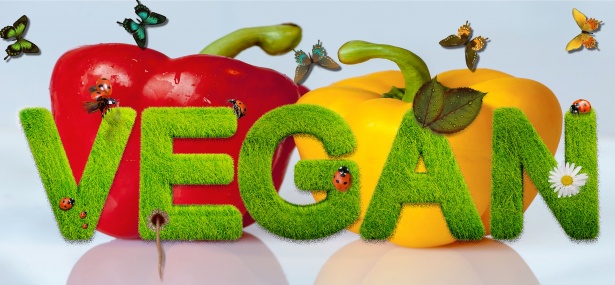Veganism has been recognized all over the world. The movement has gained massive amounts of followers globally. Basically, veganism is when you terminate all forms of animal products from your life such as meat, eggs, dairy, and animal-based/derived products such as animal fat and leather. It is not limited to dietary items, but also includes products that are tested on animals such as medicines.
Asif Ali Gohar endorses veganism. Asif was born in Karachi, Pakistan in 1992. When he was 12, his family moved to Germany. He was only fifteen when he realized that consuming animals for our own needs is an injustice to the animals as well as the planet. His interest in veganism grew when he worked on a high school project and explored veganism more formally.
During his bachelor’s in Business Administration from the University of Hamburg, he was able to conduct a thorough research about finding vegan alternatives to animal leather. This led him to test several materials that could replicate or be similar to leather. Finally, he was able to generate efficient results using rice. By conducting multiple experiments, both at the university and his home, he was able to convert rice into leather.
While rice is the main ingredient, he uses yeast and acetic acid bacteria to improve the consistency of the slime. Resultantly, he was able to produce a polymer/material that imitated the properties of animal leather while being completely plant-based.
Now Asif Ali Gohar is looking for partners interested in his venture. It is inarguable that the Pakistani industrial sector has a strong arm in the rice and leather industry.
Pakistan is the 10th largest rice exporter in the world, with a production of 8% of the world’s total rice trade.
Moreover, Pakistan exports a total of $847 million of leather to countries all over the world. The leather products of the country are known for their superior quality.
Currently, his business model is in the planning phase and he is determined to expand his business not only into the domestic Pakistani market, but also into the global market through Pakistani channels.
Veganism is on the rise in Pakistan. People are getting more conscious day by day and are abandoning products that involve animal cruelty. The introduction of vegan leather in such a market can produce sales easily.
In addition to this, it would also help to reduce if not eliminate the burden placed on animals. This innovation might also bring in higher profits as production of vegan leather is cheaper than that of animal leather.








